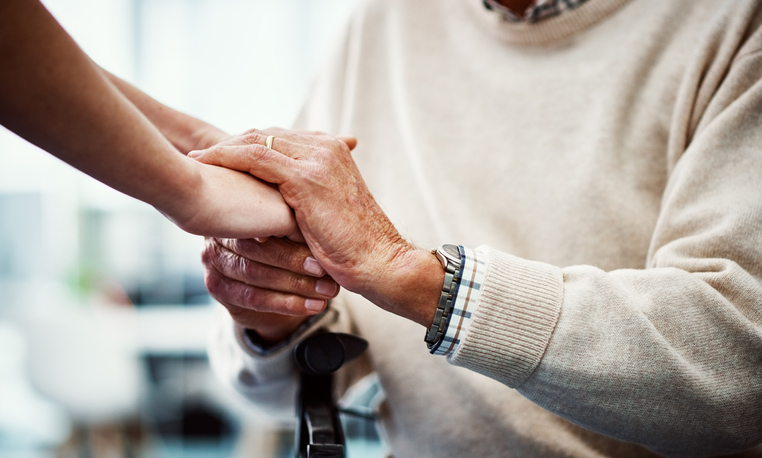The Hidden Disabilities Sunflower lanyard scheme has increased in popularity in recent years, providing a subtle yet clear way to indicate a need for additional assistance and support when out and about.
What is the Hidden Disabilities scheme?
The Sunflower Lanyard provides a discreet symbol that the wearer has a hidden disability, and therefore may require additional assistance – particularly while in shops and public spaces.
If you have a hidden disability, you are under no obligation to wear a sunflower lanyard if you don’t want to – the scheme is simply there for anyone who wants to use it, and can make life a little easier since they are recognised in most major shops, leisure facilities, railways and transport hubs, major venues, and public spaces around the UK.
Who qualifies for a sunflower lanyard?
Hidden disabilities that would warrant a sunflower lanyard include autism, anxiety, dementia, physical disabilities that aren’t necessarily obvious – and anyone else who deems themselves to have a hidden disability. Once you’ve obtained a sunflower lanyard, you don’t need to provide any additional proof or evidence that you have a disability.
If you are responsible for someone with a hidden disability, you can also opt to wear the sunflower lanyard yourself to indicate that your group may need additional assistance when out and about.
How sunflower lanyards can help navigating public spaces throughout the COVID-19 pandemic
With face masks now a requirement in almost all indoor public spaces due to COVID-19 regulations, it can be natural to face some anxiety if you are exempt from wearing a face mask due to a disability or medical condition.
For example, the sunflower lanyard may be useful if:
- You or the person you care for has dementia and won’t always remember to follow social distancing procedures or take the correctly indicated route indoors.
- If you have a disability that makes standing for longer periods difficult and you may need to skip a long queue outside a shop.
- You cannot wear a mask for long periods of time due to being ashmatic, having anxiety, or another medical reason. Wearing a lanyard should mean that staff (especially) and shoppers (who are aware of the scheme) will be more sympathetic to you not wearing a mask in areas where it is otherwise required.
You can get a sunflower lanyard at the hidden disabilities store.
Other posts that you may find useful:
– Staying Safe When Travelling After COVID-19 If You Have A Disability
– Blue Badge Scheme Changes to Cover Mental Illnesses
– Coronavirus Support & Advice For Carers







